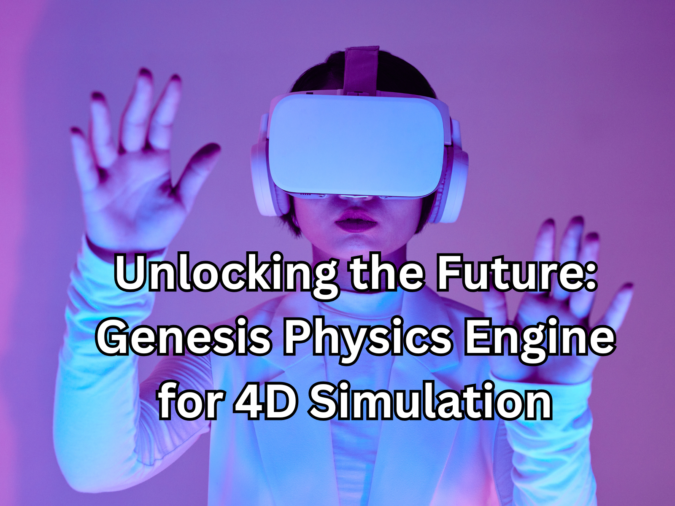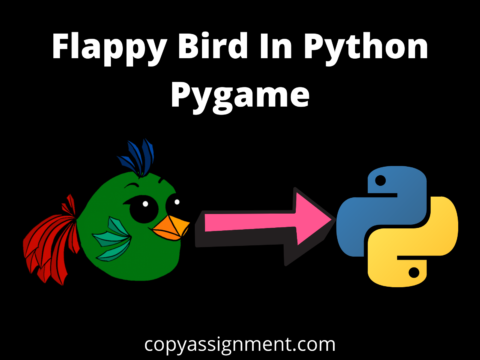
Genesis has unveiled a groundbreaking physics engine capable of generating immersive 4D dynamical and physical worlds. It sets new benchmarks in areas such as:
- Character Motion Generation
- Robotic Policy Generation
- Sim-to-Real Policy Transfer
- 3D & Fully Interactive Scene Generation
- Open-world Articulated Object Generation
- Soft Robot Simulation
- Speech Audio and Facial Animation
- Emotion Generation
All this comes with optimized performance, making it an essential tool for researchers, developers, and hobbyists alike.
Open-Source and Free for All
The Genesis physics engine is completely open-source and free. Developers worldwide can access and utilize it through Python programming, making it accessible and easy to integrate into existing workflows. To install the Genesis engine on your local system, use the following command:
pip install genesis-world
Prerequisites:
- Python
- PyTorch
Comprehensive Documentation
To begin your journey with Genesis, refer to the official documentation for setup guides, tutorials, and API references. Both the frontend and backend are developed exclusively in Python, ensuring a seamless experience for developers.
Key Features of Genesis Physics Engine
1. 🐍 Open-Source Python Framework
Genesis offers a fully open-source Python framework, making code understanding and contributions straightforward for developers.
2. 👶 Simple Installation & User-Friendly API
Designed with simplicity in mind, Genesis features an intuitive API and effortless installation process.
3. 🚀 Unprecedented Speed
Genesis boasts the world’s fastest physics engine, delivering simulation speeds up to 10-80x faster than existing GPU-accelerated simulators, such as Isaac Gym or Mujoco. Importantly, this speed comes with no compromise on accuracy or fidelity.
4. 💥 Unified Physics Framework
Genesis supports state-of-the-art physics solvers and models a wide range of materials and phenomena. This versatility makes it ideal for diverse simulation needs.
5. 📸 Photo-Realistic Rendering
With optimized ray-tracing capabilities, Genesis enables high-quality, realistic rendering of simulated environments.
6. 📐 Differentiable Simulation
Genesis is fully compatible with differentiable simulation. Current solvers like MPM Solver and Tool Solver are already differentiable, with more features, including rigid-body simulation, planned for future updates.
7. ☝🏻 Tactile Sensor Accuracy
The engine includes support for physically accurate and differentiable tactile sensors, opening new possibilities for robotics and haptics research.
8. 🌌 Generative Simulation
Genesis provides native support for Generative Simulation, enabling realistic, dynamic scene creation directly from text prompts.
Explore the Possibilities
See Genesis in action! Check out this video demonstration showcasing the creation of 4D dynamical and physical worlds from simple text inputs.
WTF?! New open-source physics AI engine absolutely insane! 🤯 Genesis is a new physics engine that combines ultra-fast simulation with generative capabilities to create dynamic 4D worlds for robotics and physics.
— Philipp Schmid (@_philschmid) December 19, 2024
TL;DR:
🚀 430,000x faster than real-time physics simulation,… pic.twitter.com/FfeX8XEBWt



